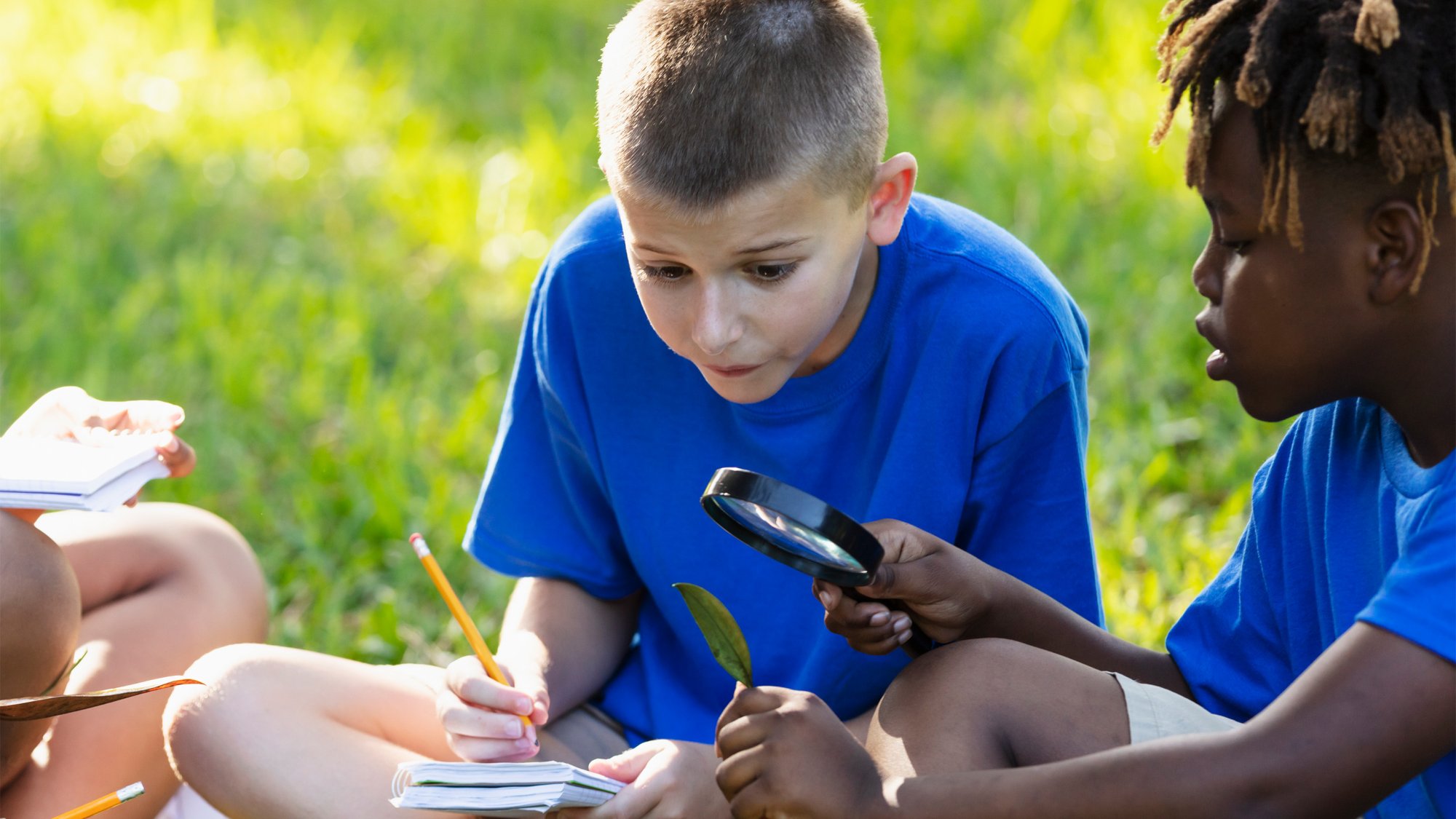It comes from Brazil and you can see it HERE
- Master Arithmetic with Tools at Home https://PracticalMathHelp.com
- Dyscalculia news and podcasts https://DyscalculiaHeadlines.com
- Dyscalculia for Dyslexia tutors transition training https://dys4dys.org
- Dyscalculia Services https://DyscalculiaServices.com
- Dyscalculia Awareness Training https://DyscalculiaAware.org
- Math Assessment Reasoning and Strategy https://MathStrategy.org
- Help you child with math homework https://MomsTeachMath.com
- Math and Dyscalculia Screening test https://DyscalculiaTesting.com
- Dyscalculia Screener https://DyscalculiaScreener.org
- Adult Dyscalculia https://AdultDyscalculia.org
- Become a Dyscalculia Tutor https://DyscalculiaTutorTraining.org
- Ask a question at https://Dyscalculia.ai

